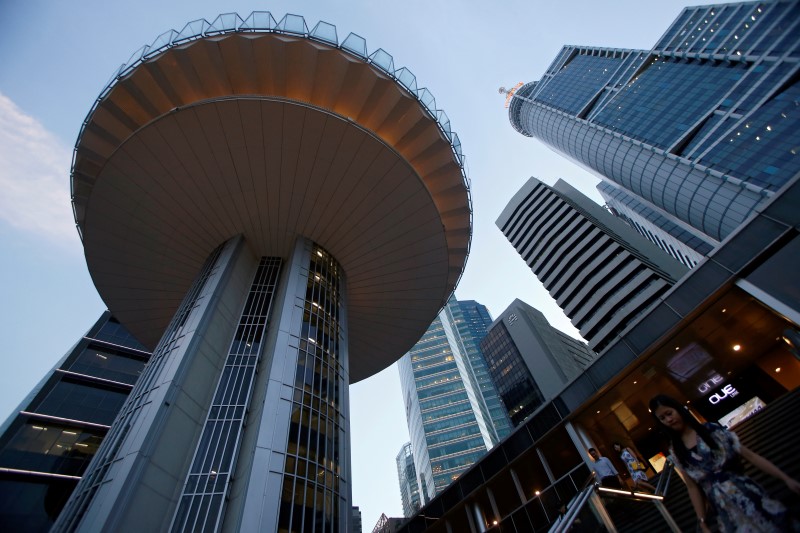(Bloomberg) -- Add Singapore to the list of headaches for sugar producers.
The country, one of Asia’s biggest per capita consumers, plans to implement a ban on ads for packaged drinks with very high sugar content in a health campaign. The move joins government crackdowns on sugar consumption from Chile to South Africa.
Sugar has become one of the most despised ingredients, thanks to its calorie count and associations with obesity. It’s so reviled that U.S. cities from Philadelphia to Boulder, Colorado, have levied taxes against sugary drinks and companies including PepsiCo (NASDAQ:PEP) Inc. have pledged to cut back. Even chocolatier Hershey Co. has expanded its offerings of products with less sweetener.
As a result, consumption has taken a major hit. The U.S. Department of Agriculture estimates global demand advanced 0.2% in the 2018-2019 season, the smallest year-on-year gain since 2010 and the second-lowest expansion since 1994.
“We’re noticing there’s been a reduction in consumption -- it’s not growing like it used to a while ago,” said Jose Orive, executive director of the International Sugar Organization. “That can be attributed to the war on sugar, sugar taxes and displacement by reformulation by some companies.”
South Africa offers a case study of what can happen to demand, Orive said. The nation has the highest obesity rates in sub-Saharan Africa and in late 2017 signed into a law a tax on sugary drinks. The first year of the new fees brought an “unprecedented” decline in demand for the beverages, Orive said. Fitch Solutions expects a drop of 0.7% in carbonated drinks sales in 2019 in the country, after a slump of 5.1% in 2018.
In 2018, world average per capita consumption of sugar decreased 1.3% to 22.6 kilograms (about 50 pounds), the ISO estimates.
Sugar is one of many industries undergoing seismic changes due to shifts in health standards and perceptions, with many old-guard food companies teetering on the edge of profitability. Kraft Heinz (NASDAQ:KHC) Co., the owner of Jell-O and Oscar Mayer’s Wienermobile, has battled weak results and a writedown, while dairy giant Dean Foods Co. opted to go it alone after concluding a strategic review last month that included options including a sale.
“Social media has changed the way consumers perceive and think about food,” said Pablo Sherwell, head of agribusiness research for North America at Rabobank International. It has “become their reference point when it comes to diets and food nutrition. Scientists and nutritionists are not any more the reference point,” he said.
For sugar, demand concerns have helped to drive futures in New York more than 6% lower over the past 12 months. In addition to taxes, an increase in labeling laws -- like those planned in Singapore -- also add to negative consumer perceptions. The industry needs to fight back to show sugar’s role in a healthy diet, Orive said.
“The industry must improve its communications initiatives and strengthen their messaging, based on sound, internationally recognized scientific evidence,” he said. “If people don’t speak out, there will be progressive erosion in consumption, and that will be reflected in the prices.”
